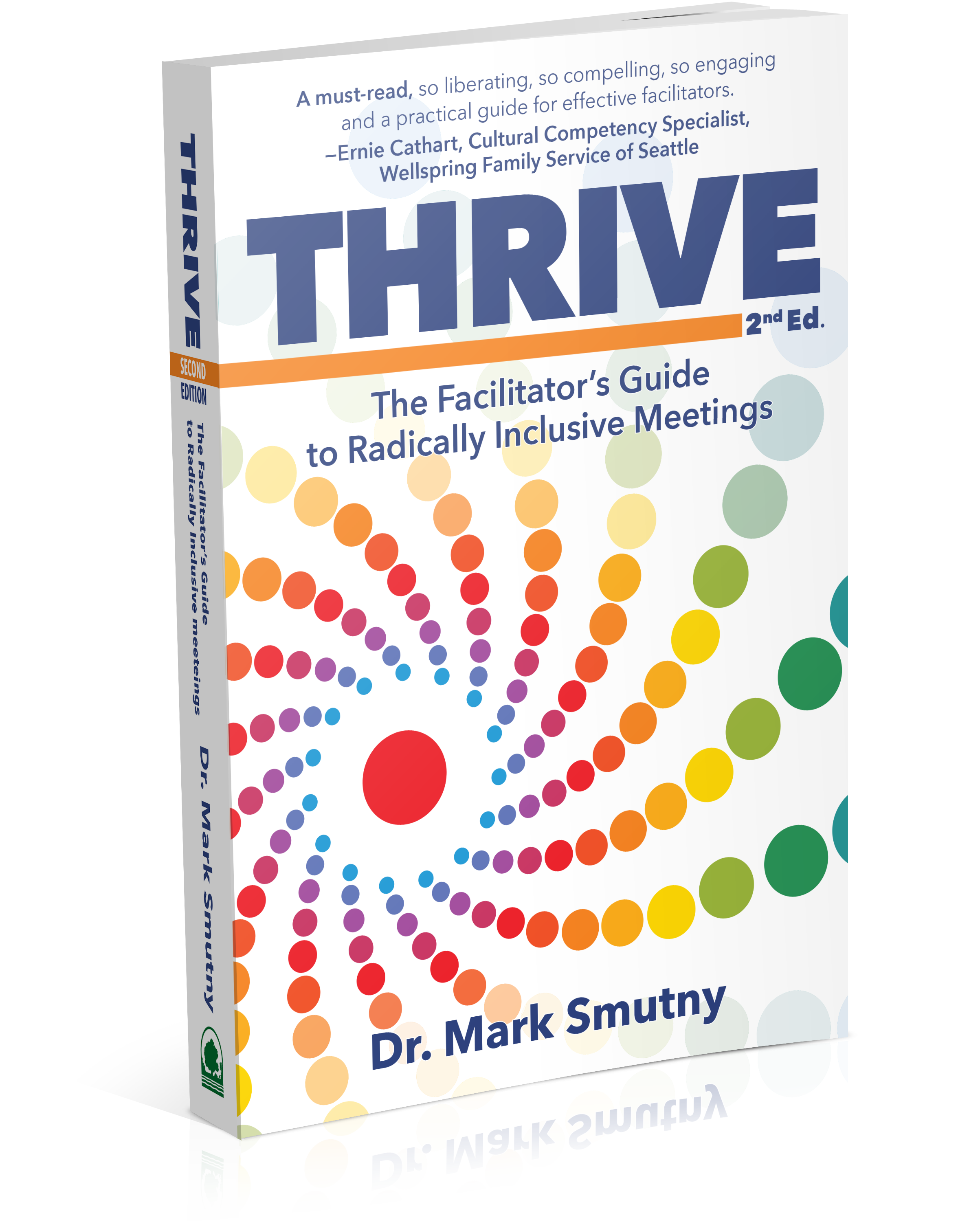 Apology Repairs Broken Relationships
Apology Repairs Broken Relationships
In my work with troubled nonprofits, inevitably relationships are damaged. Harsh words and abusive behavior rupture the bonds of friendship. Guilt and regret linger. Apology lays the foundation for reconciliation. Apologies are a fundamental way we repair relationships, acknowledge mistakes, and foster personal growth.
However, not all apologies are created equal. An effective apology requires a thoughtful approach, addressing both the wrongdoing and the impact it had on the affected party. Here’s a breakdown of the essential elements that make up a sincere and effective apology.
-
Acknowledge the Offense
The first step in any apology is to clearly acknowledge what you did wrong. This means being specific about your actions and how they may have caused harm or discomfort. For example, instead of saying, “I’m sorry for what happened,” say, “I’m sorry for interrupting you during the meeting and dismissing your ideas.” This shows that you understand the specific issue and are taking responsibility for it.
-
Express Genuine Regret
Expressing regret is about showing that you truly feel remorse for your actions and the impact they had on the other person. Phrases like “I feel terrible about how my actions affected you” or “I regret that my behavior hurt you” can convey this effectively. The key is to be sincere—people can often sense when regret is not genuine, which can undermine the apology.
-
Take Responsibility
An apology should include a clear acceptance of responsibility. Avoid shifting blame or making excuses. Statements like, “I was wrong to do that,” or “I take full responsibility for my actions” demonstrate maturity and a willingness to own up to your mistakes. This step is crucial in rebuilding trust and shows that you are committed to making things right.
-
Offer an Explanation
Offering a brief explanation can help the other person understand your actions, but it should never be used to justify the wrongdoing. For instance, saying, “I was stressed and didn’t realize how I came across” provides context without excusing the behavior. Be careful to keep this part concise and relevant to prevent it from sounding like a defense.
-
Make Amends
An effective apology includes a willingness to make amends. This could be a direct way to rectify the situation, such as replacing something broken or offering to help in some way. If the situation doesn’t have a tangible solution, express a commitment to change your behavior moving forward. Phrases like, “I will make sure this doesn’t happen again” or “What can I do to make it up to you?” show a proactive approach to preventing future issues.
-
Seek Forgiveness
While you cannot demand forgiveness, expressing a hope for it can be part of a heartfelt apology. Simply saying, “I hope you can forgive me” or “I understand if it takes time for you to trust me again” acknowledges that forgiveness is a process and respects the other person’s feelings.
The Impact of a Good Apology
When done correctly, an apology can have a profound impact on relationships. It can pave the way for healing, restore trust, and foster deeper connections. Remember, the goal of an apology is not just to clear your conscience but to genuinely make amends and improve your relationships. By following these steps, you can ensure that your apologies are meaningful and effective, demonstrating your commitment to personal growth and respect for others.
In a world where misunderstandings and mistakes are inevitable, mastering the art of apology is an invaluable skill. It reflects emotional intelligence, humility, and a genuine desire to foster positive relationships—traits that are essential in both personal and professional spheres. So, the next time you find yourself in the wrong, remember the anatomy of an apology and take the opportunity to make things right.
For More Ideas and Resources
 For help with your organization’s challenges and an array of innovative solutions, check out my website at https://civicreinventions.com. Then email me at mark.smutny@civicreinventions.com or give me a call at 626.676.0287. I will respond personally to every inquiry.
For help with your organization’s challenges and an array of innovative solutions, check out my website at https://civicreinventions.com. Then email me at mark.smutny@civicreinventions.com or give me a call at 626.676.0287. I will respond personally to every inquiry.
Dr. Mark Smutny is a nonprofit consultant specializing in conflict resolution services. He teaches, writes and consults on ways for nonprofits to turn unproductive conflict to mission success. He is the award-winning author of the book Thrive: The Facilitator’s Guide to Radically Inclusive Meetings, 2nd. Ed.
© 2024 Mark Smutny and Civic Reinventions, Inc. All rights reserved. May be copied with permission.
